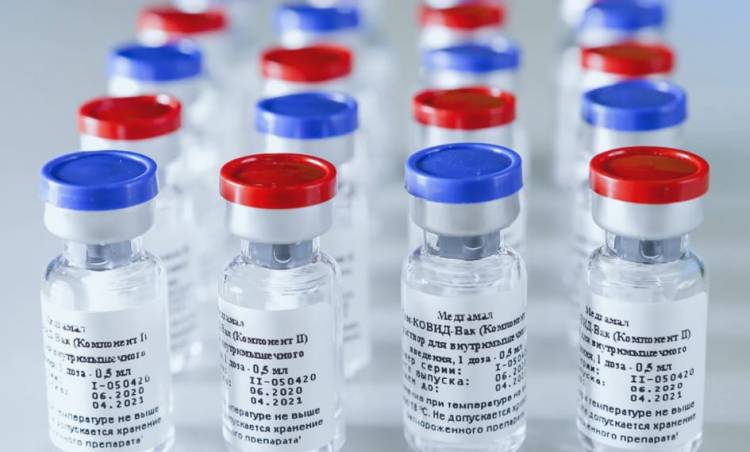Pharmaceutical giant AstraZeneca has been forced to put its COVID-19 vaccine trial on hold after a participant suffered an unknown illness.
The company says more tests are required to determine the diagnosis, which will be reviewed and established by an independent safety committee.

During development, a vaccine goes through multiple rounds of testing in humans, known as phases. A phase 1 trial is run with small groups of participants to show that the vaccine is generally safe to give to people. A phase 2 trial then tests the vaccine in larger groups of people, to see if it stimulates immune response and therefore is likely to benefit patients.
But it is the phase 3 trial that gives the answers we all really want to know – whether the vaccine will work in the population of interest by protecting them from disease, what side-effects there will be if it is given to lots of people, and whether ultimately the vaccine should be licensed for clinical use.

This randomly assigns participants to one of two groups: the active group, who get the vaccine being tested, or the control group, who get an inactive vaccine called a placebo. The aim is to show statistically that the active vaccine is more beneficial than the placebo.
This randomization is also often “double-blinded”, meaning that neither the participants nor the researchers know which group each participant is in.
This prevents researchers intentionally or unintentionally biasing their results out of optimism that their new vaccine will work. Blinded RCTs are considered the gold standard for testing any vaccine or drug.

However, as most RCTs are blinded – including Oxford’s phase 3 trial – researchers cannot easily determine whether any adverse medical events suffered by participants are due to the vaccine being tested or some other cause.
This is because they do not know which participants have received the vaccine and which are in the placebo group.

